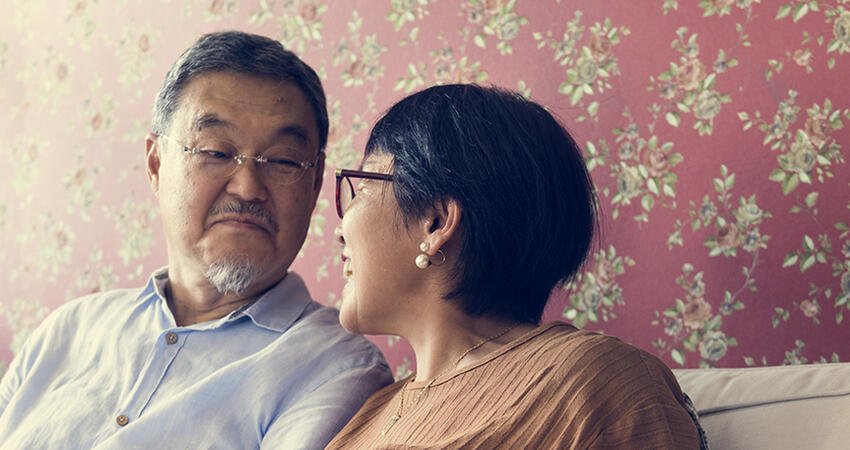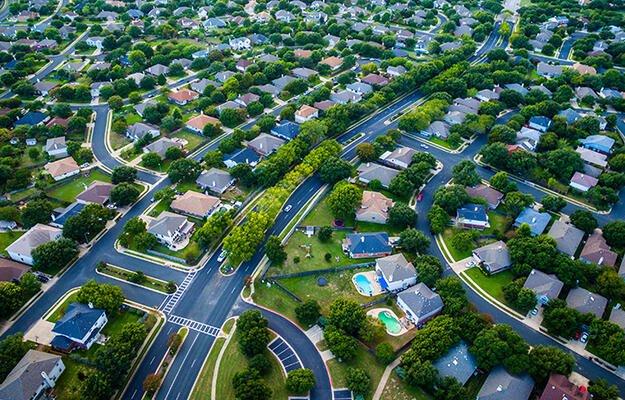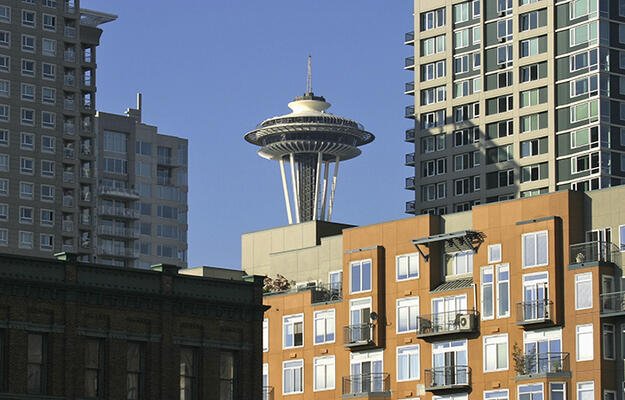
Housing Improves Health Outcomes for Older Homeless Adults, but Not Geriatric Conditions
- Title:
- Housing Improves Health Outcomes for Older Homeless Adults, but Not Geriatric Conditions
- Author:
-
Rebecca T. Brown, Yinghui Miao, Susan L. Mitchell, Monica Bharel, Mitkumar Patel, Kevin L. Ard, Laura J. Grande, Deborah Blazey-Martin, Daniella Floru, Michael A. Steinman
- Source:
-
American Journal of Public Health
- Publication Date:
-
2015
How does access to housing affect the health conditions of older homeless adults? Rebecca Brown and her colleagues examined this question in the American Journal of Public Health, adding to literature that finds an association between access to housing for homeless adults of all ages and improved health status, but fails to study housing’s effects on geriatric conditions. The researchers surveyed 250 homeless adults in Boston, Massachusetts, who were at least 50 years old between January and June 2010, interviewing them when they enrolled in the study and 12 months later. Participants self-reported whether they obtained housing; the status of four health outcomes related to daily living, depression, and symptoms of urinary incontinence; use of emergency departments and overnight hospital care; and control measures, such as demographics and substance use. Comparing the baseline measurements from the initial interview with responses at the one-year follow-up, the authors found that current housing strategies can improve certain health outcomes for older homeless adults, but did not affect geriatric conditions.
Key findings
- Older homeless adults who obtained housing during the study reported fewer depressive symptoms than those who were still homeless at follow-up.
- Participants who became housed visited emergency departments and required overnight hospitalizations at a lower rate than those who remained homeless at follow-up.
- Receiving housing did not improve geriatric conditions among participants, such as the ability to perform activities of daily living independently or symptoms of urinary incontinence.


